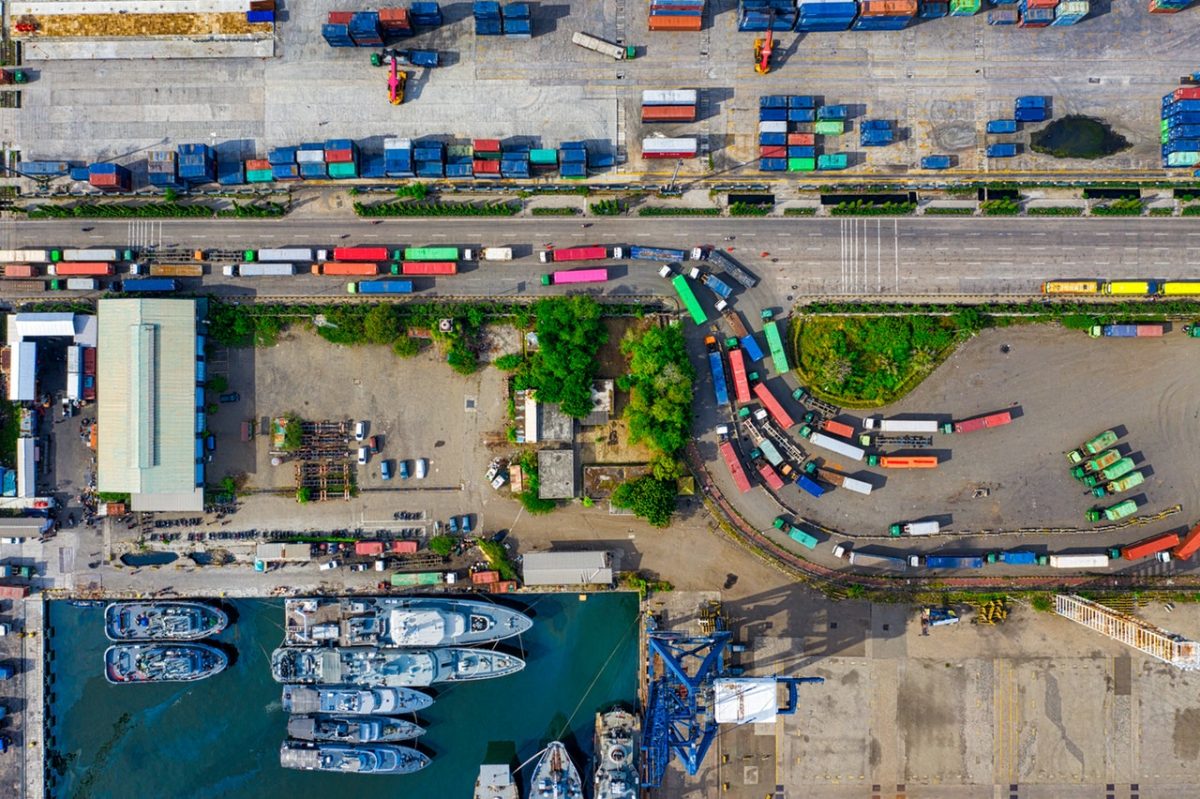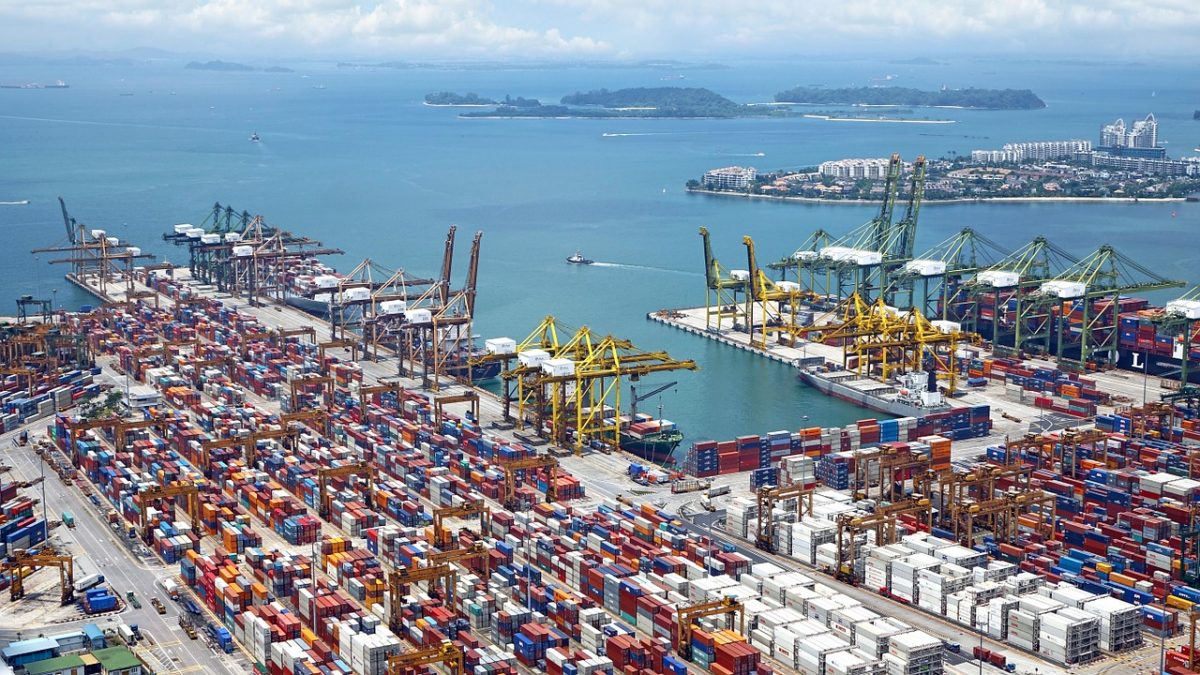11 Incoterms Descriptions That Will Make Your Life Easier
Due to the cargo requirements of International trade, there are Incoterms, (International Commercial Terms) as part of the process. Every ten years, they are revised and updated, and are used in trade contracts.
They are made so that the companies can provide easier handling and securing of the cargo, as well as, for better understanding of both, the buyer and the seller.
For this matter, down below are explained all of the updated Incoterms descriptions:
1. FOB (Free on Board)
FOB means that the seller delivers the goods on board and is used for containerized shipments and inland water transport.
Furthermore, the seller informs the buyer of the arrangements of goods where the buyer covers all the costs of the onward movement.
2. FCA (Free Carrier)
FCA explains the process of the goods where the seller delivers them to the carrier, to a place named by the buyer, or another person approved by the buyer. With this, the responsibility of the seller is given to the buyer.
During the responsibility of the seller, the seller’s premises are not allowed to unload them until they are delivered to the named place. In order to make the delivery secure, a contract is signed between the buyer and the seller (on their request) where the buyer is responsible for the costs, risks and goods condition.
3. EXW (Ex Works)
EXW refers to the process where the seller delivers the goods to the buyer’s disposal at a previously agreed place.
An important fact is that EXW is the only of the Incoterms descriptions where the goods are not allowed to be cleared for export.
Also, the buyer provides the seller with the information that they received the goods where their condition and clearances are on the buyer.
4. FAS (Free Alongside Ship)
FAS means that the seller handles the shipment’s clearance, pays for the port, terminal or ship. Takes care of the documents of transport, delivery and everything is at the buyer’s expense.
The seller also takes care of the contracts connected to the carriage applicable to the quay or the ship, as well as, the export permits.
5. DAP (Delivered at Place)
These Incoterms descriptions refer to the seller’s obligation to deliver goods at a mutually agreed destination of arrival of the goods, and usually, it is further than the terminal. This rule is usually used when more than one transport mode is employed.
6. DAT (Delivered at Terminal)
DAT is used when the seller delivers the cargo at the buyer’s named terminal. Terminal could be any mutually agreed port, warehouse, container yard etc.

These Incoterms descriptions are used when the seller takes care of all the export formalities, while the buyer takes care of any transport movement and insurance once the cargo has arrived at the agreed place.
7. CIF (Cost, Insurance and Freight)
The seller delivers once the goods are safely packaged, on board and ready for shipment to the agreed destination. The seller pays for the contract but once the goods are on board, the payment transfers to the buyer. However, they are allowed to negotiate the coverage.
8. CIP (Carriage and Insurance Paid to)
CIP is used when the seller delivers the goods to an agreed location chosen by the seller. The Incoterms descriptions of CIP state that the seller covers the payment and insurance but the damage or loss risk are transferred to the buyer once the carrier receives the delivery. However, they are allowed to discuss the additional insurance.
9. CFR (Cost and Freight)
CFR refers to the process where the seller delivers the goods once safely packaged and loaded, and ready to be transported to the shipping port. In these Incoterms descriptions, the seller is also responsible for the freight payment but once the goods arrive at the destination, they transfer to the buyer.
10. DDP (Delivery Duty Paid)
Here the seller has the maximum obligation. He delivers the goods once cleared for import and ready for unloading at the destination port. DDP is mostly used where there is more than one mode of transport.
Under these Incoterms descriptions, both buyer and the seller are not obliged to insure the goods. The coverage is discussed and agreed upon the sales contract.
11. CPT (Carriage paid to) – Incoterms Descriptions
Under CPT, the seller is responsible for delivering the goods to a destination which is any place agreed between the seller and the buyer. The seller is responsible for the export formalities, while the buyer is responsible for the import clearance formalities.
Final Thoughts
Whether you are a buyer, or a seller, these are the Incoterms descriptions that you can rely on while the cargo travels. In order to avoid additional costs, the cargo needs to fall on the specific requirements and Incoterms.






